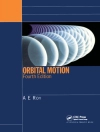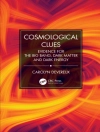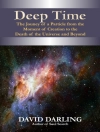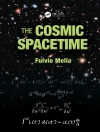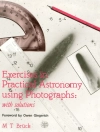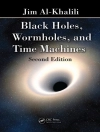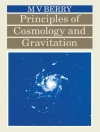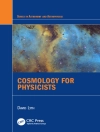The main theme of the book is the presentation of techniques used to identify chaotic behavior in the evolution of conservative mechanical systems and their application to astronomical systems. It results from graduate courses given by the author over the years both at university and at several international summer schools.
Along the book surfaces of section, Lyapunov characteristic exponents, frequency maps, MEGNO, dense grid maps, etc., are presented and discussed in connection with the applications. The initial chapter is devoted to the presentation of the main ideas of the chaotic dynamics of conservative systems in plain language so that they can be accessible to a wide range of professionals and students of physical sciences. The applications are mainly related to the motions in the solar system and extrasolar planetary systems.
Another chapter is devoted to the applications to asteroids showing how the asteroidal belt is sculpted by chaos and resonances. The contrasting existence of gaps in the distribution of the asteroids and groups of asteroids in resonances is thoroughly discussed.
The interest in applications to planetary systems is growing since the discovery of systems of resonant planets around some stars of the solar neighborhood. Exoplanets added a lot of cases to a problem that was before restricted to the planets of our solar system. The book includes an account of results already existing about compact systems.
Tabela de Conteúdo
Chapter 1. Introduction to Conservative Chaotic Dynamics.- Chapter 2. Asteroidal Resonant Dynamics.- Chapter 3. Planetary Systems. Exoplanets.- Index.
Sobre o autor
The author, Professor Emeritus at the Institute of Astronomy, Geophysics and Atmospheric Sciences of the University of Sao Paulo is a scientist working on Planetary Sciences. In the past 60 years, he studied several topics in planetary dynamics: asteroids, resonances, tides, chaos, and exoplanets. The International Astronomical Union named “Ferraz-Mello” the resonant asteroid 1983 XF (5201). Professor Ferraz-Mello is Doctor Honoris Causa of Paris Observatory and, in 2015, won the Brouwer Award of the American Astronomical Society.


